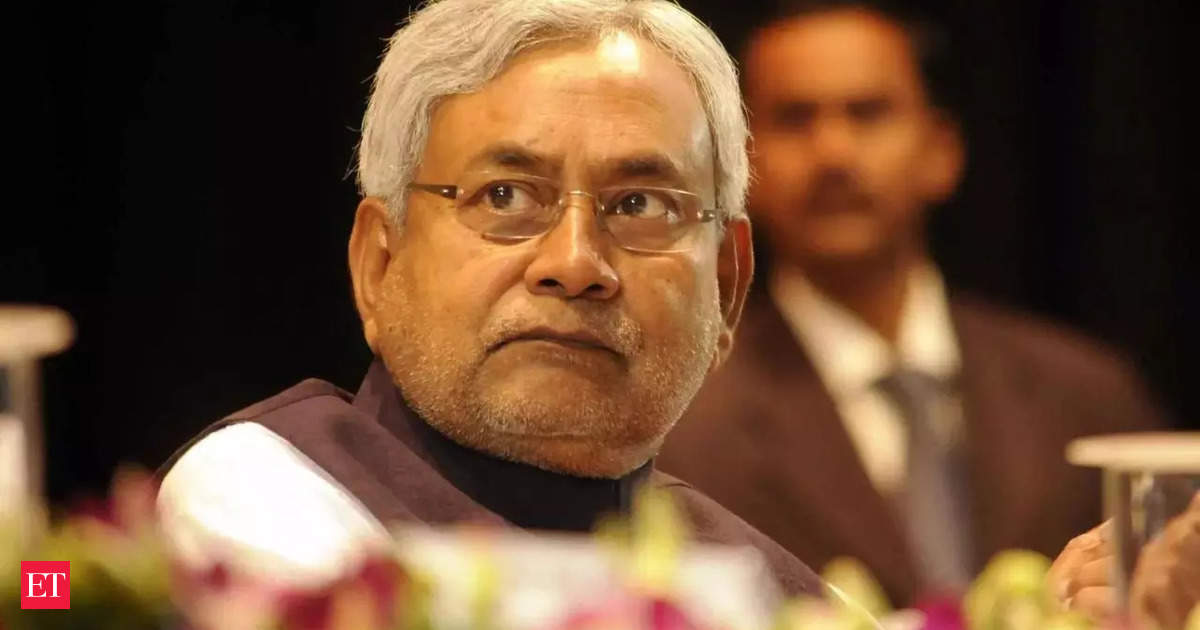The Bihar cabinet has given its nod to a proposal to increase reservation quotas to 75% in the state. Currently, Bihar follows a 50% reservation policy for socially and educationally backward classes (SEBC). The reservation quota is expected to benefit Scheduled Castes (SC), Scheduled Tribes (ST), and Other Backward Classes (OBC) in government jobs, educational institutions, and local bodies across the state.
This significant move by the Bihar government is aimed at providing greater opportunities and representation for historically marginalized communities. The decision to increase the reservation quota will enable more individuals from these communities to have access to employment and educational institutions.
Reservation policies have been a crucial aspect of India’s affirmative action programs, ensuring equal opportunities for historically disadvantaged groups. These policies are intended to address historical injustices and uplift socially and economically backward classes.
The decision to raise the reservation quota to 75% is expected to bring tangible benefits to SC, ST, and OBC communities. It is aimed at bridging the gaps and addressing the systemic inequalities prevalent in society.
However, the implementation of such policies sometimes faces criticism and challenges. Critics argue that excessive reservation quotas may impact merit-based selection criteria and hinder the efficiency of public institutions. It is important for authorities to strike a balance between social inclusion and maintaining the quality of education and employment opportunities.
The move by the Bihar government is seen as a step towards social empowerment and inclusivity. It reflects the commitment of the state to uplift the marginalized communities and create a more equitable society.
It is worth noting that Bihar is not the first state to increase reservation quotas beyond the 50% mark. Several states in India, including Tamil Nadu and Maharashtra, have previously implemented reservation quotas exceeding the 50% ceiling prescribed by the Supreme Court. These states have justified their actions based on their unique social and historical contexts.
In conclusion, the approval of the proposal to hike reservation quotas to 75% in Bihar is a significant step towards promoting social justice and equal opportunities. It underscores the commitment of the state government to address historical injustices and create a more inclusive society. The decision is expected to benefit a wide range of socially and educationally backward communities and pave the way for increased representation and opportunities for these marginalized groups.










